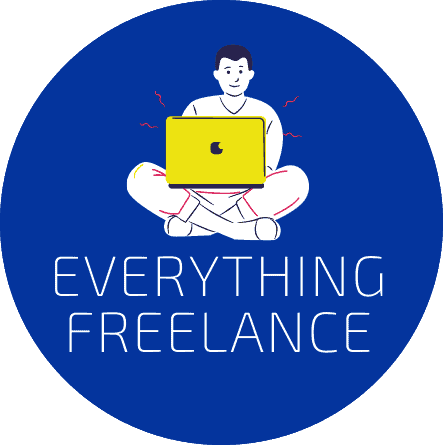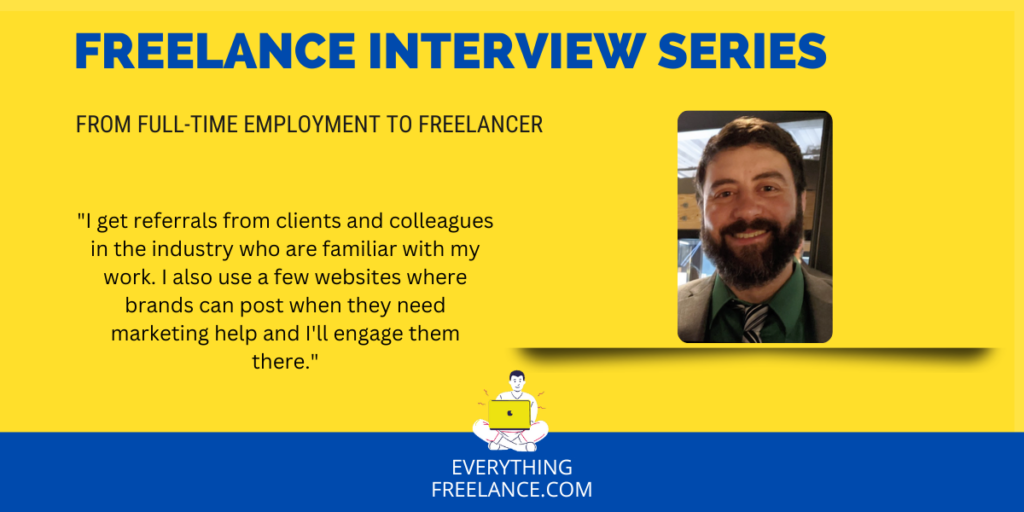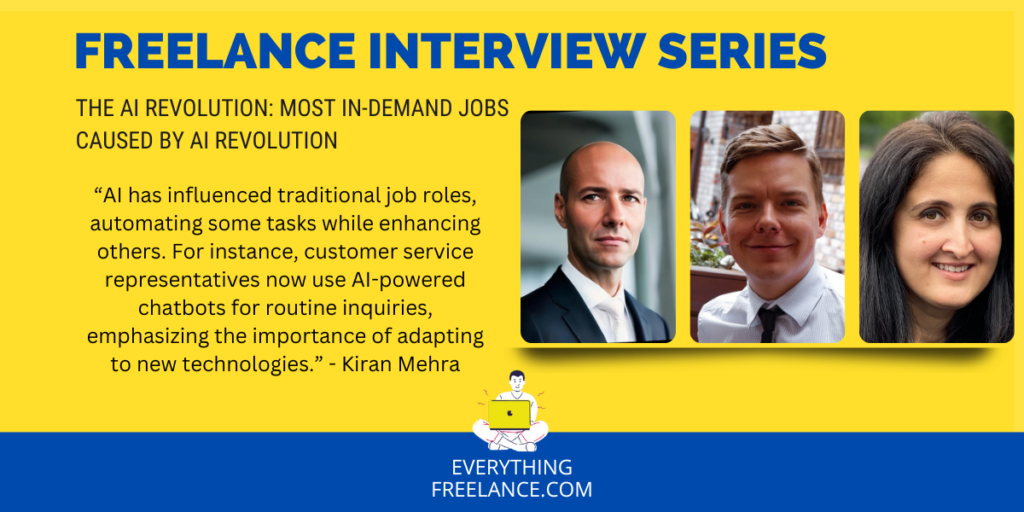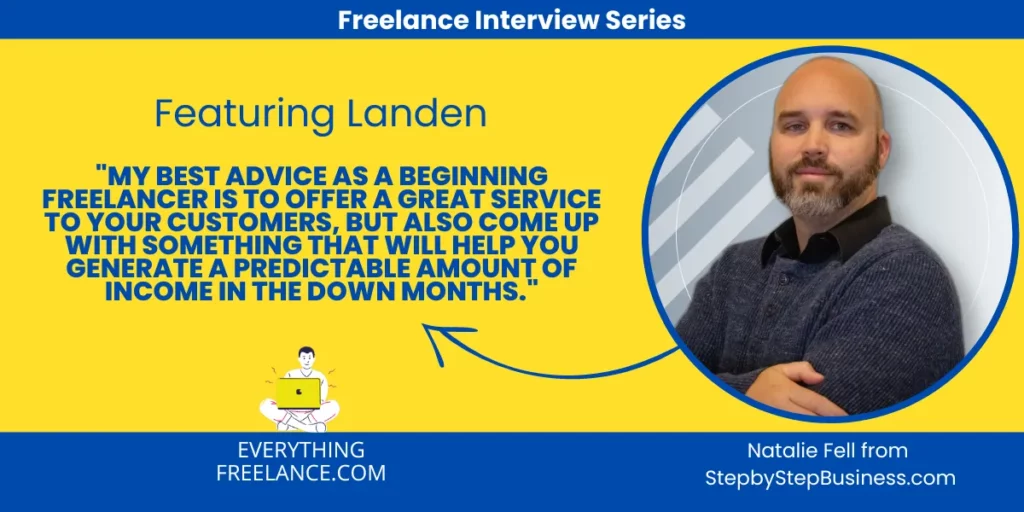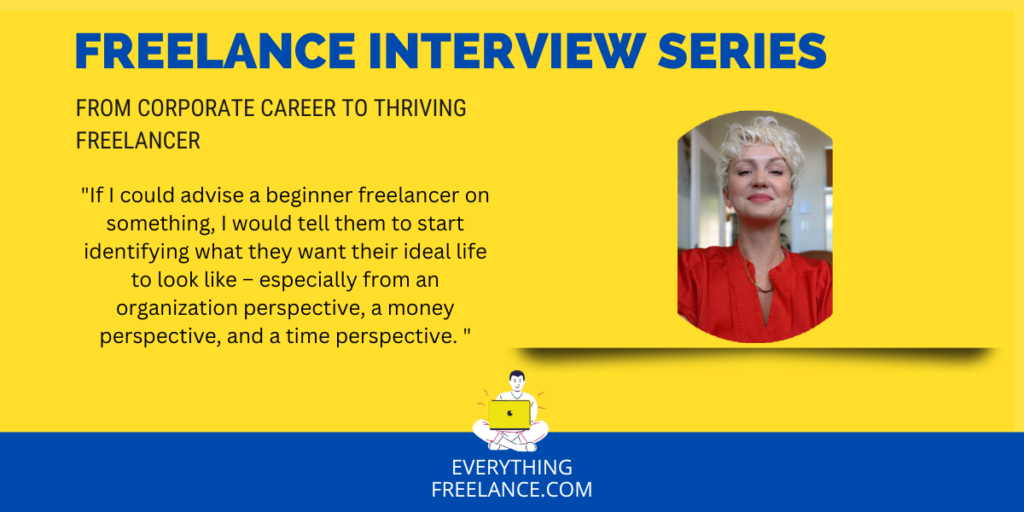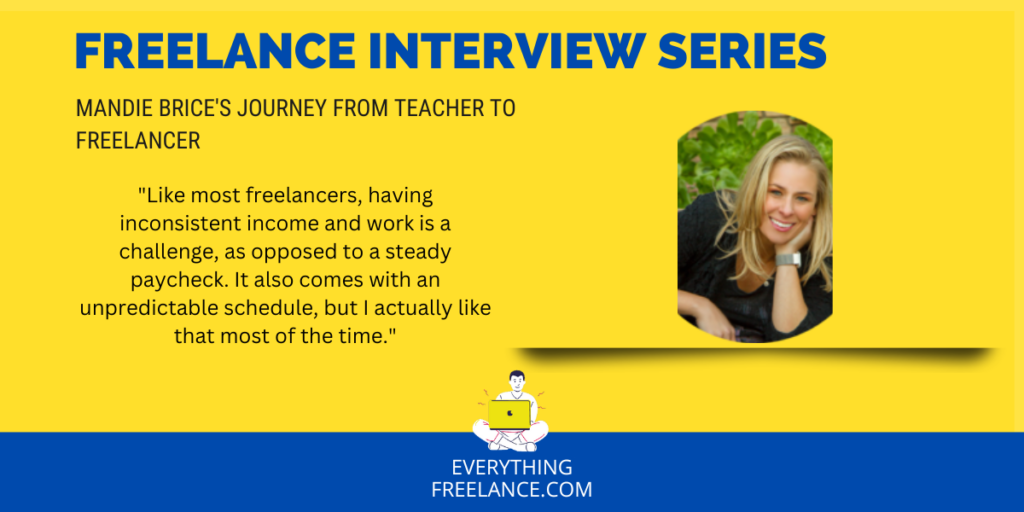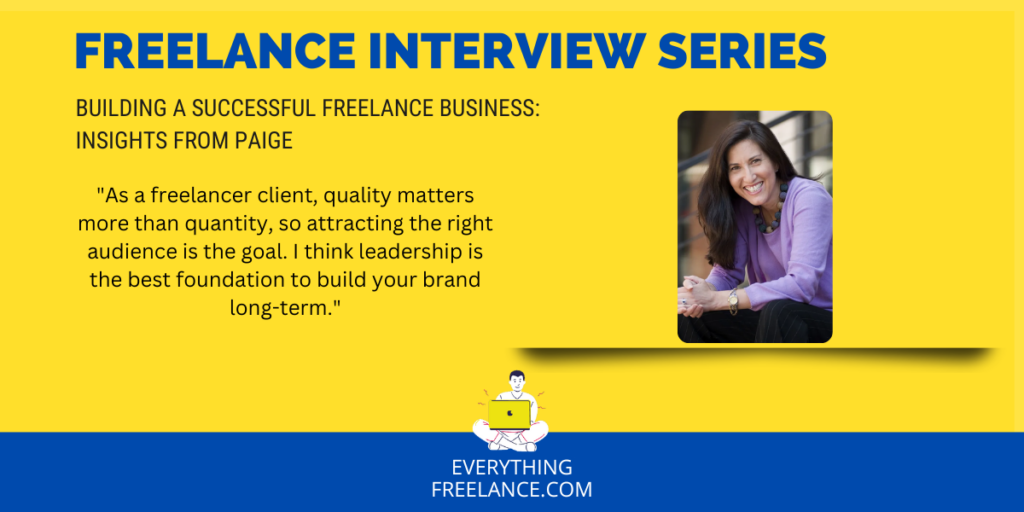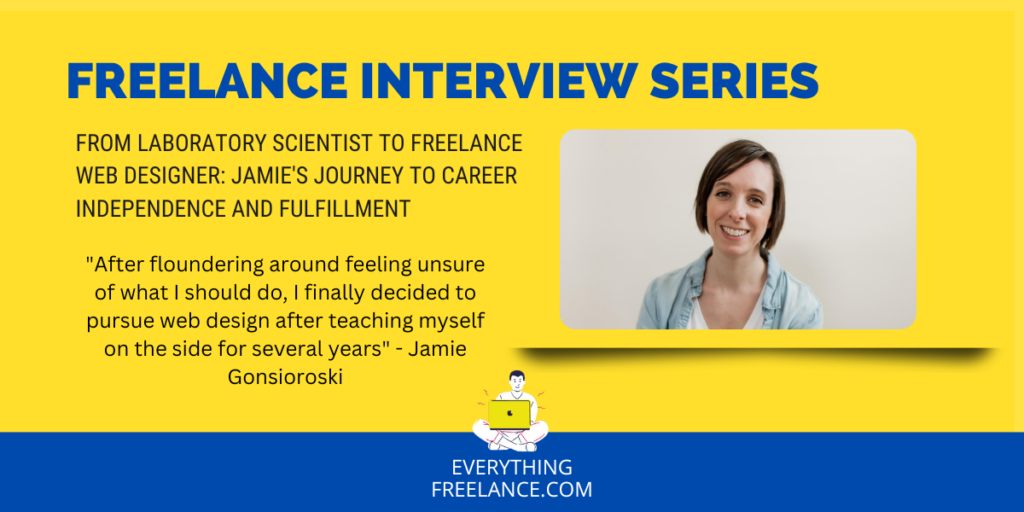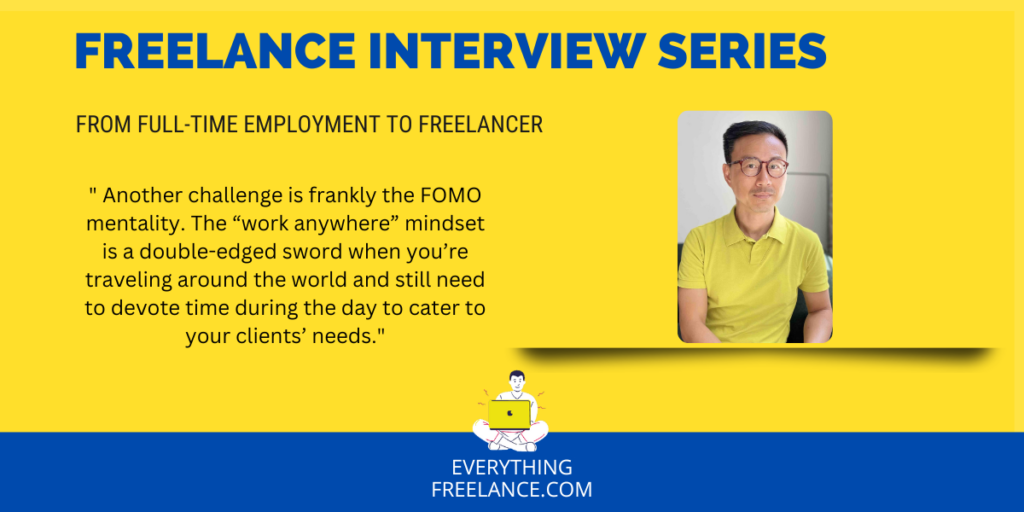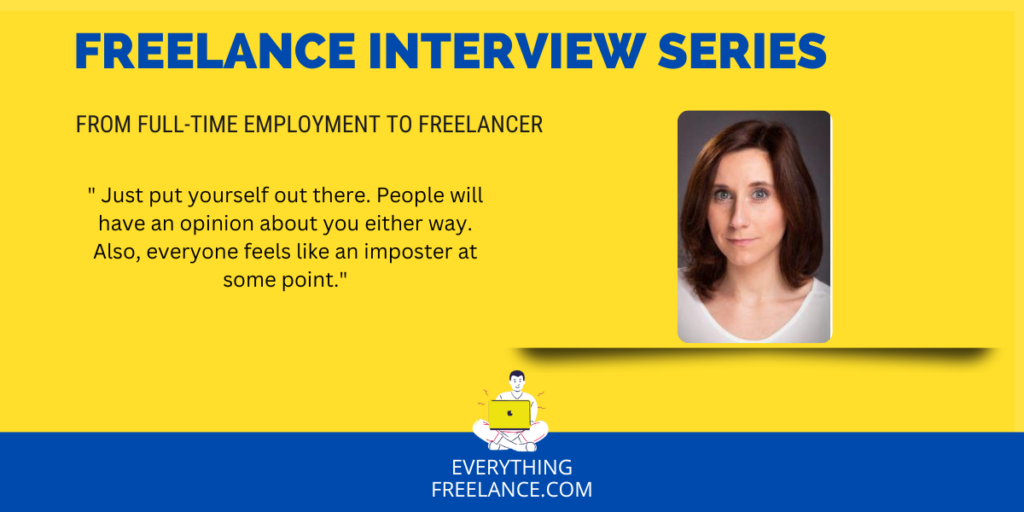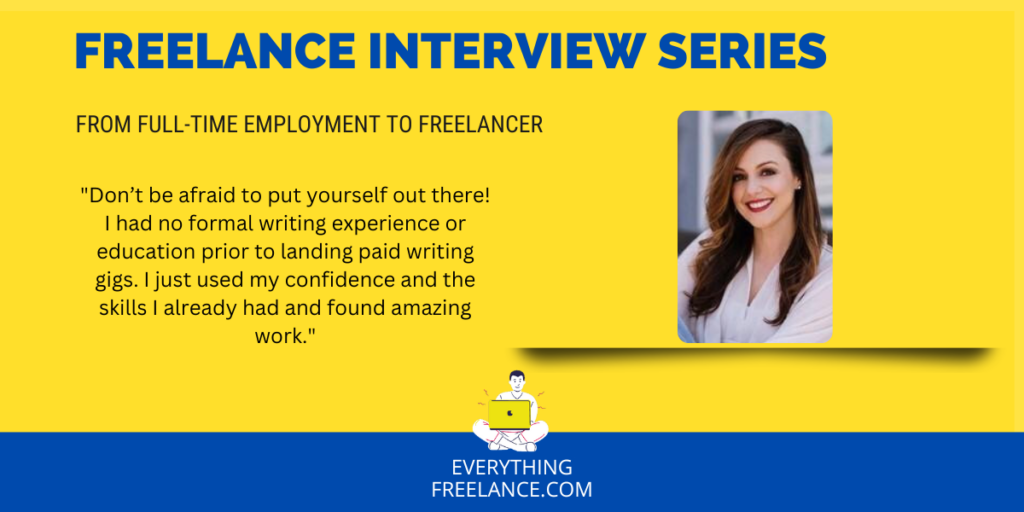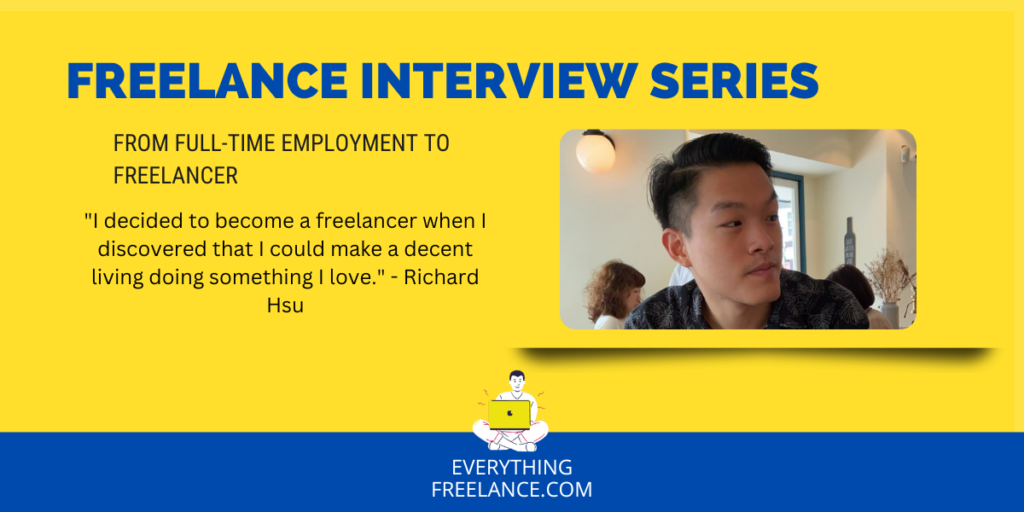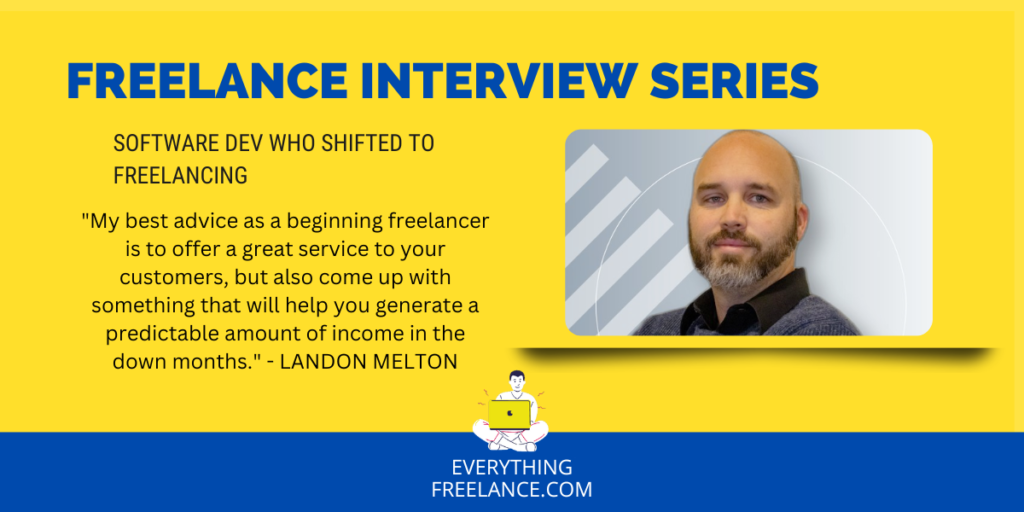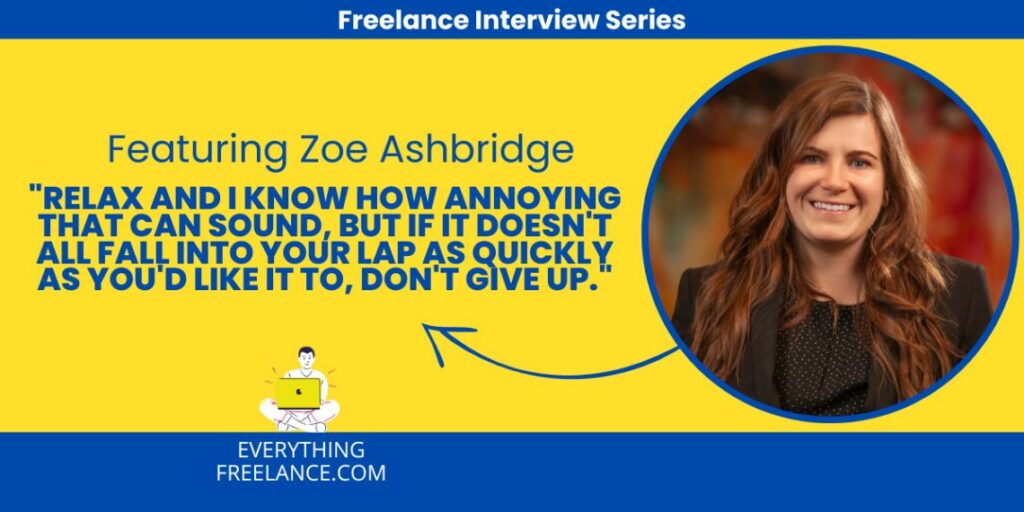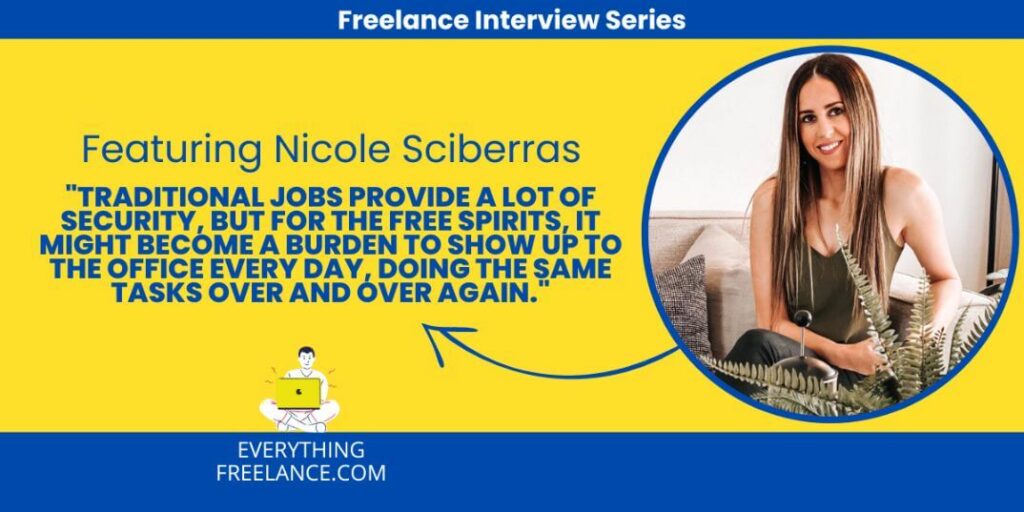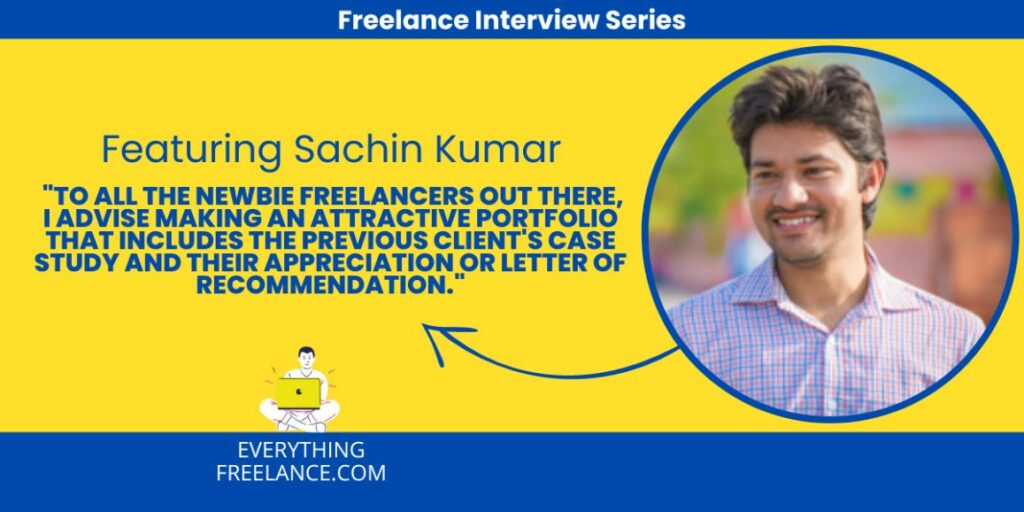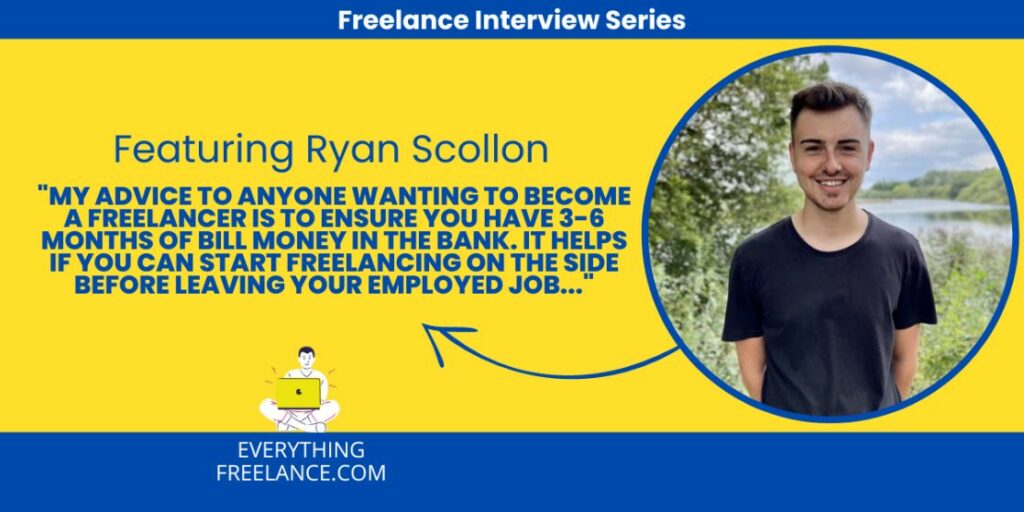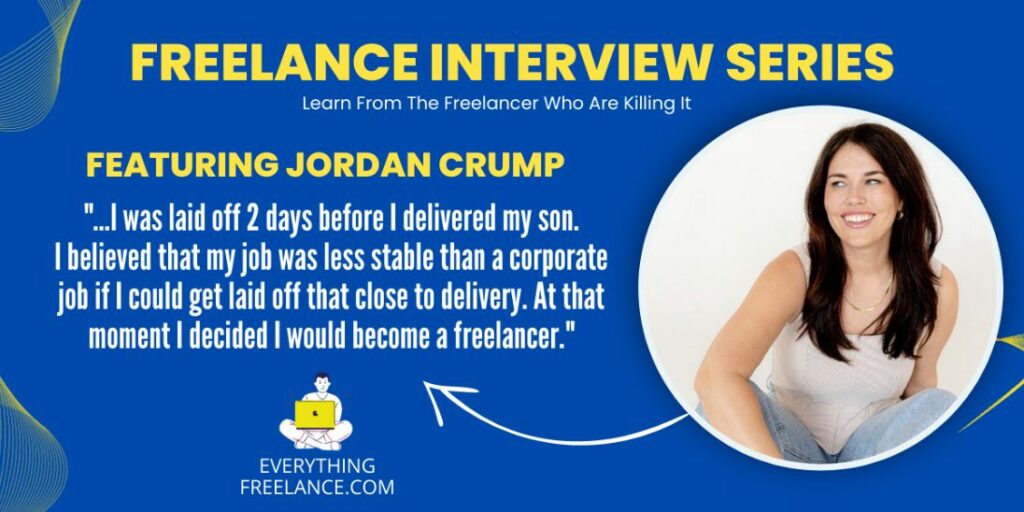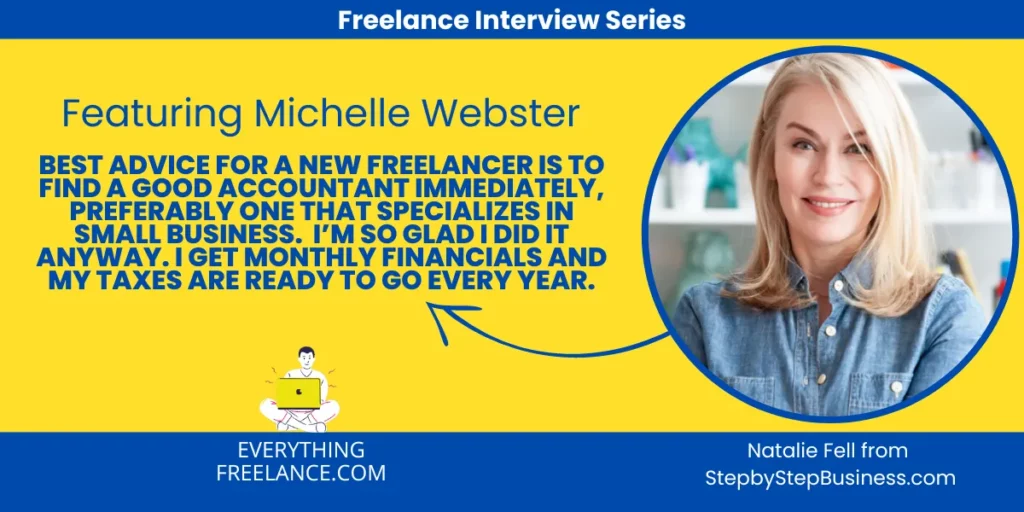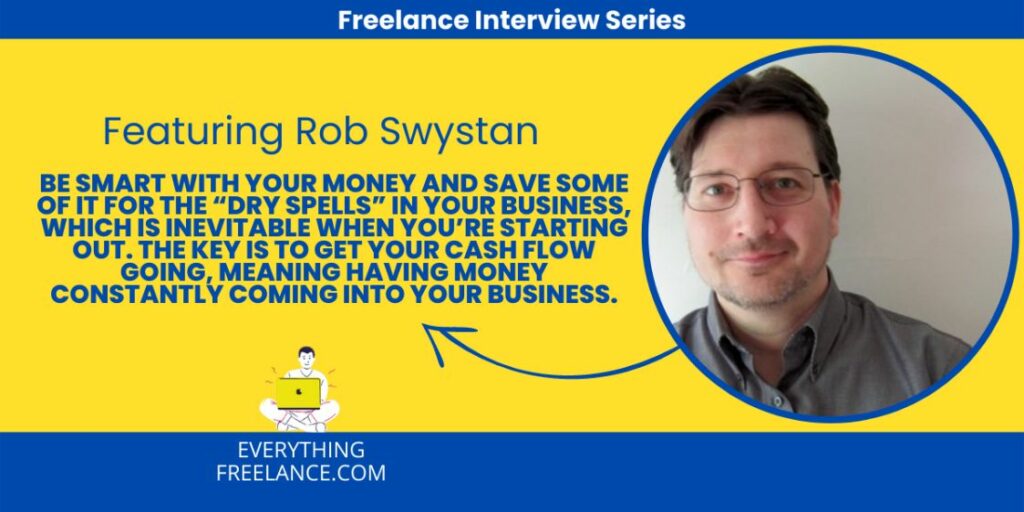In the marketing industry, there is always a possibility of something happening on the side. It doesn’t mean you are betraying your employer, but rather that you are using your skills to make some extra cash. Wise use of your free time often leads to something else – planting the freelancing seed.
Mike Kupfer had a “side hustle” while he was still engaged as a full-time employee in a marketing agency. While moving around the country with his family, he was unaware he was building the base for his future freelancing career. It took a pandemic to show him it was the right time to leave the nine-to-five job and become his own boss.
Unlike many other freelancers out there, Mike is lucky to have a stable workflow. This, in turn, means the work-life dynamic is sometimes unbalanced, but the support of his family helps him get through the hectic times. Enjoy this short interview and find out more about the freelancing business of Mike Kupfer.
Q: Please tell us a little about yourself, your expertise, etc.
A: My name is Mike Kupfer. I’m originally from New York and now live in Delaware. I’ve been in marketing since 2007 and have expertise in PPC advertising and SEO. Almost my whole career has been spent working with small businesses and I enjoy helping them find competitive advantages and marketing opportunities to outperform their (often larger) competition.
Q: Could you please describe your previous work as an employee?
A: My first marketing job was with an event marketing agency in Rockville Centre, NY, where I spent five years working on various client accounts. When my girlfriend (now wife) got into a Ph.D. program at the University of New Hampshire, we moved up there together, and I took a job as the in-house marketing director for a local market research firm. I also began doing some “side hustle” work during this time. After six years there, we decided to move to Delaware, where I worked as marketing director for a business incorporation firm. And in 2021, I left that job to turn my side hustle into my full-time focus.
Q: What was the point where you decided to become a freelancer?
A: I knew for a long time that I liked working for myself better than working for others for several reasons. In 2020, I was wondering how to know when the right time would be to make the jump to full-time self-employment. As the Covid-19 pandemic got worse and was repeatedly surging, I was eager to leave the office where I was working. In January 2021, those feelings came to a head, and I turned in my resignation to focus on my own business.
Q: What are some of the challenges you’re facing as a freelancer?
A: I’ve been lucky to have a steady stream of business and a supportive wife during these first couple of years of self-employment, but time management remains an issue. Some days there is a seemingly infinite amount of work to do. I’m frequently prioritizing what’s “due now” at the expense of longer-term and sometimes more important strategies. Work-life balance is difficult to maintain.
Q: Can you offer beginner freelancers any advice?
A: Stay away from the social media “hustle culture” accounts. It’s fine to admire their drive and accomplishments, but that whole culture gives the impression it’s the only way to be successful. Define your own success and work toward it in a way that will suit you, whether that’s going all-in from day one or easing into it and prioritizing your own mental and physical health over an imaginary need to work all the time.
Q: How do you handle inflation as a freelancer?
A: I’ve had to raise my rates and am continuing to do so. In a sense, inflation can make that conversation a little easier with clients. It’s one thing to try to sell them on raising rates with no obvious impetus, but it’s hard for them to argue with, “Well, you know how inflation’s been going. I need to factor that into my costs going forward.”
Q: What do you do to get new clients?
A: I get referrals from clients and colleagues in the industry who are familiar with my work. I also use a few websites where brands can post when they need marketing help and I’ll engage them there. Ironically, I have some work to do on my own website’s inbound traffic. I seem to spend my energy on my clients’ sites!
Q: Name one mistake that you made as a freelancer.
A: I started with a somewhat low hourly rate, as a way to find new business faster. That wasn’t the problem, but rather that I waited too long after showing success to raise the rate. Before too long, I found myself charging some clients well below my new client rate, and trying to close that gap would be a major fee increase for them.
Q: How can potential clients find you?
A: I can be reached through the following:
https://highwayonemarketing.com
https://twitter.com/michael_kupfer
https://www.linkedin.com/in/michaelkupfer/
Being a freelancer is selling your product through example. While Mike is excellent at his job, evident from his client base and steady workflow, he seems to have neglected his own website. While some may find it a disadvantage for Mike, others regard this as dedication primarily to his work and clients.
His energy is focused on maintaining client satisfaction, which is why he often gets referrals from existing clients and colleagues. Even though he appreciates every referral, he doesn’t rely simply on this. Mike looks for additional work himself on various websites for companies asking for marketing help.
It’s often said to learn from other people’s mistakes, and in the case of Mike, that’s true. He started with some decent hourly rates, as every freelancer would do, but as work picked up, he seemed to forget that his rates needed correction. Rates are something that you should regularly update, especially in a period of inflation, so don’t make the same mistake Mike did.
A final piece of advice from Mike is to be yourself and not be sucked in by all the craze on social media. Hustle culture is a lifestyle that promotes lots of work and no rest. This is not the key to success, and it will not expand your client list or make you more successful. It just means you’ll get tired and burned out.
Like everything else in life, you need to find the balance in your work life to be able to call yourself successful.
